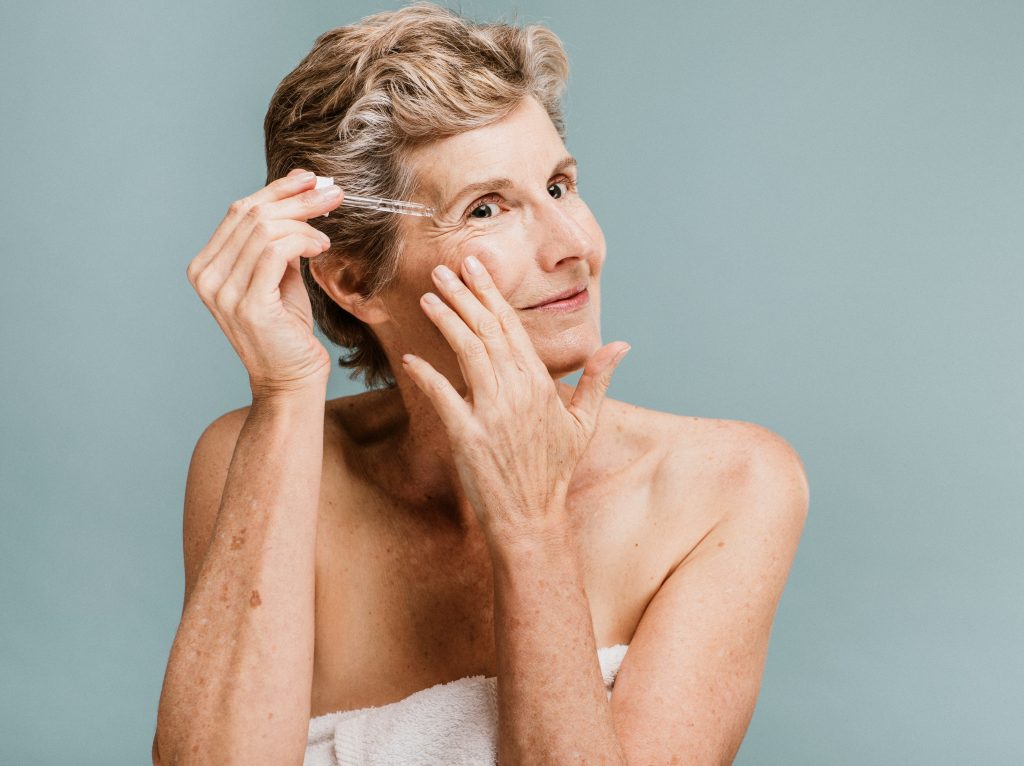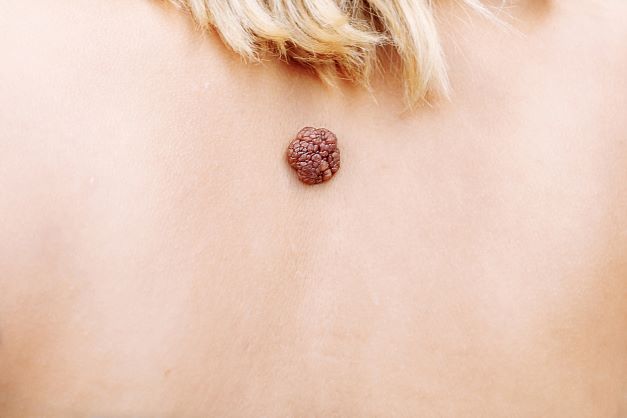The dermatologists at Summit MD are dedicated to the best Mohs Surgery in the Avondale, AZ area. Mohs surgery is an extremely specialized surgical and pathologic procedure for the removal of non-melanoma skin cancers which involves the visible cancer and a small margin of surrounding healthy tissue. Mohs surgery was first performed in the 1930s by Dr. Frederic E. Mohs.
During Mohs surgery the cancer is removed from your skin. Layer by layer until all cancerous cells have been completely removed and examined until only cancer- free tissue remains. This surgery allows for absolute removal of skin cancer while minimizing the removal of healthy skin. Mohs surgery is mainly used for cancers that have a high risk or reoccurring.
Mohs surgery offers patients the highest cure rate for all non-melanoma skin cancers. Mohs surgeons are trained beyond their specialty in dermatology which contributes to this higher degree of tissue handling and expertise in tumor assessment.
Your dermatologist will determine if Mohs surgery is the right treatment for you based on numerous factors. From the type of skin cancer, location and your overall health. Preferably Mohs surgery is suited for the more sensitive areas like the face, along with high-risk non-melanoma skin cancers. Skin cancers are usually considered high risk if they meet the following criteria: recurring non- melanoma, tumors that are larger than 2 cm in size and that regrow following a previous treatment. Tumors that are in high risk areas, poorly defined borders, and in patients that are immunosuppressed.
There are many advantages of getting Mohs surgery, however it’s not the right treatment for everyone. Mohs surgery is usually done as an outpatient procedure under local anesthesia. Patients stay awake during the procedure and it is highly recommended that the patient brings someone with them the day of their surgery.
Once the affected tissue is removed during surgery, a pressure dressing is placed over top of the wound. You will then have to wait for about 20- 45 minutes while the tissue is being processed, analyzed and examined carefully for remaining cancer cells. If the surgeon finds more cancer cells they will remove the tissue only in the area of the residual tumor and repeat this process until all tissue is free of cancer cells.
You will be given post surgery instructions based on the options suited for you. To experience a significant amount of pain is uncommon but can be resolved by taking acetaminophen for any discomfort or pain you may have. After surgery it is necessary for patients to have continued visits to their dermatologist as 50% of patients with non- melanoma skin cancer will experience further skin cancer within 5 years.
If you have any skin concerns or concerns about moles, contact us here at Summit MD Dermatology so we can help determine if the growth is cancerous or not.





